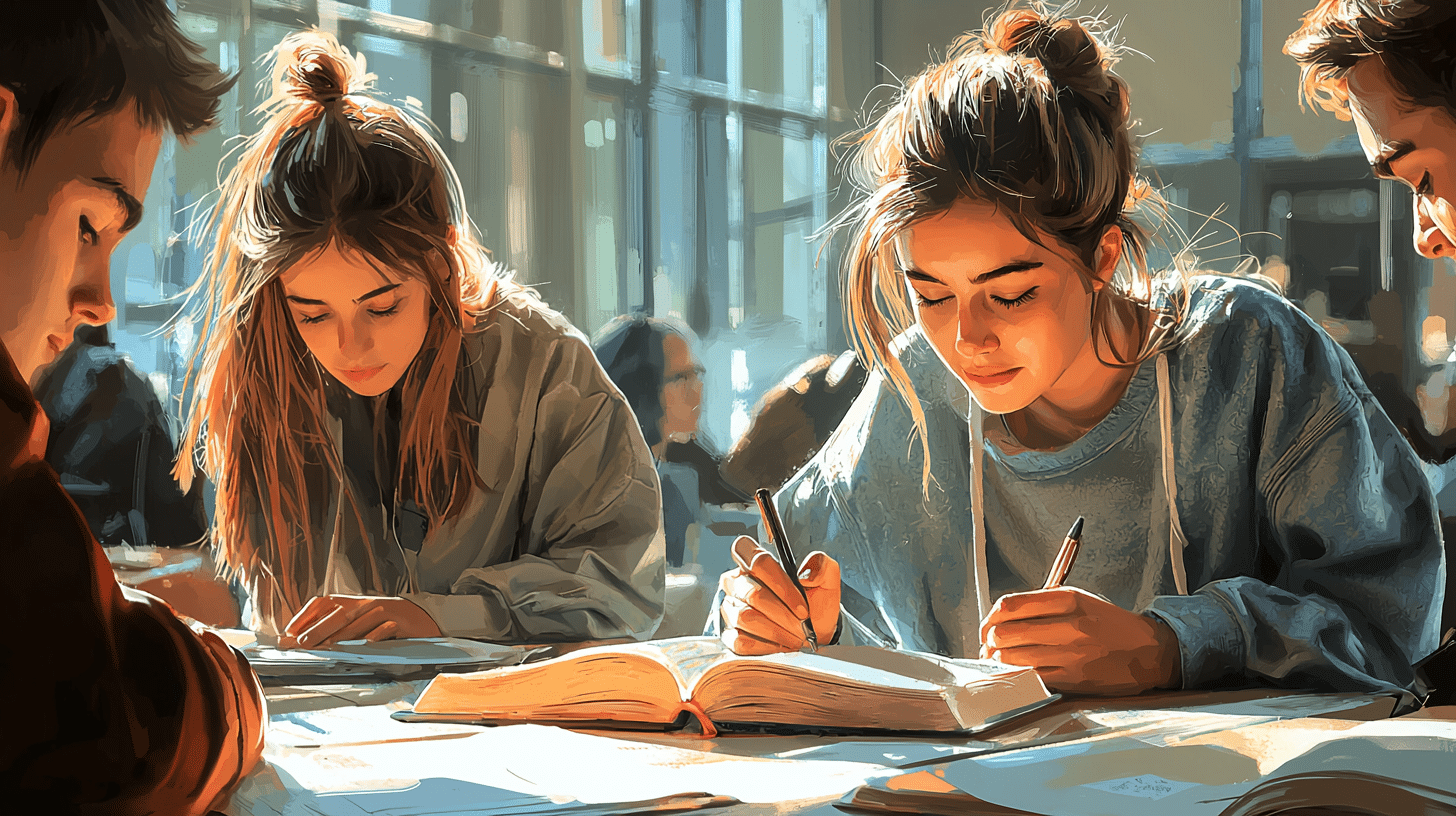
Mastering the plural forms of Icelandic nouns is an essential step in achieving fluency in the Icelandic language. Unlike English, where forming plurals typically involves just adding an "s" or "es," Icelandic nouns have a more complex system that can vary based on gender, case, and even specific noun classes. This complexity can be daunting for learners, but with the right exercises and practice, you can navigate these intricacies with confidence. Our carefully designed grammar exercises will guide you through the various rules and patterns that govern pluralization in Icelandic, providing you with the tools to enhance your understanding and usage of this fascinating language. In these exercises, you will encounter a wide range of Icelandic nouns, each chosen to illustrate different pluralization rules and exceptions. Through a combination of fill-in-the-blank, multiple-choice, and translation activities, you will practice identifying and applying the correct plural forms. Additionally, contextual sentences will help you see how these plurals function in everyday conversation and writing. Whether you are a beginner just starting to learn Icelandic or an advanced student looking to refine your skills, these exercises will offer valuable practice to help you grasp the plural forms of Icelandic nouns effectively.
1. Ég á tvo *bíla* (plural form of "bíll").
2. Hún keypti nýja *skó* (plural form of "skór").
3. Við fórum í *leikhús* (plural form of "leikhús").
4. Bókin mín er fyllt með *myndum* (plural form of "mynd").
5. Á sumrin förum við oft í *fjöll* (plural form of "fjall").
6. Ég elska ferskar *ávexti* (plural form of "ávöxtur").
7. Í garðinum eru margar *tré* (plural form of "tré").
8. Skólastofan er full af *nemendum* (plural form of "nemandi").
9. Við höfum margar *bækur* á bókasafninu (plural form of "bók").
10. Ég sá tvo *hesta* á túni (plural form of "hestur").
1. Hundarnir eru *stórir* (adjective for big).
2. Bækurnar eru *gamlir* (adjective for old).
3. Strákarnir leika sér með *boltana* (plural form of ball).
4. Stelpunar syngja *fallega* (adverb for beautifully).
5. Skólarnir eru *stórir* (adjective for big).
6. Húsin eru *falleg* (adjective for beautiful).
7. Bílarnir eru *rauðir* (adjective for red).
8. Kettirnir sofa á *stólunum* (plural form of chair).
9. Blómin eru *fögur* (adjective for beautiful).
10. Börnin elska að borða *eplin* (plural form of apple).
1. Börnin elska að leika sér með *leikföngum* (toys).
2. Við fórum í göngutúr með *hundunum* (dogs).
3. Íslensku *fjöllin* eru mjög falleg (mountains).
4. Við höfum mörg *bækur* í bókasafninu okkar (books).
5. Hún keypti nýja *skó* fyrir börnin (shoes).
6. Ég borða mikið af *ávöxtum* á hverjum degi (fruits).
7. Við fórum í heimsókn til *vinanna* okkar (friends).
8. Þau eiga tvær *bílar* (cars).
9. Hann safnar gömlum *myntum* (coins).
10. Við elskum að ferðast til *landa* (countries).